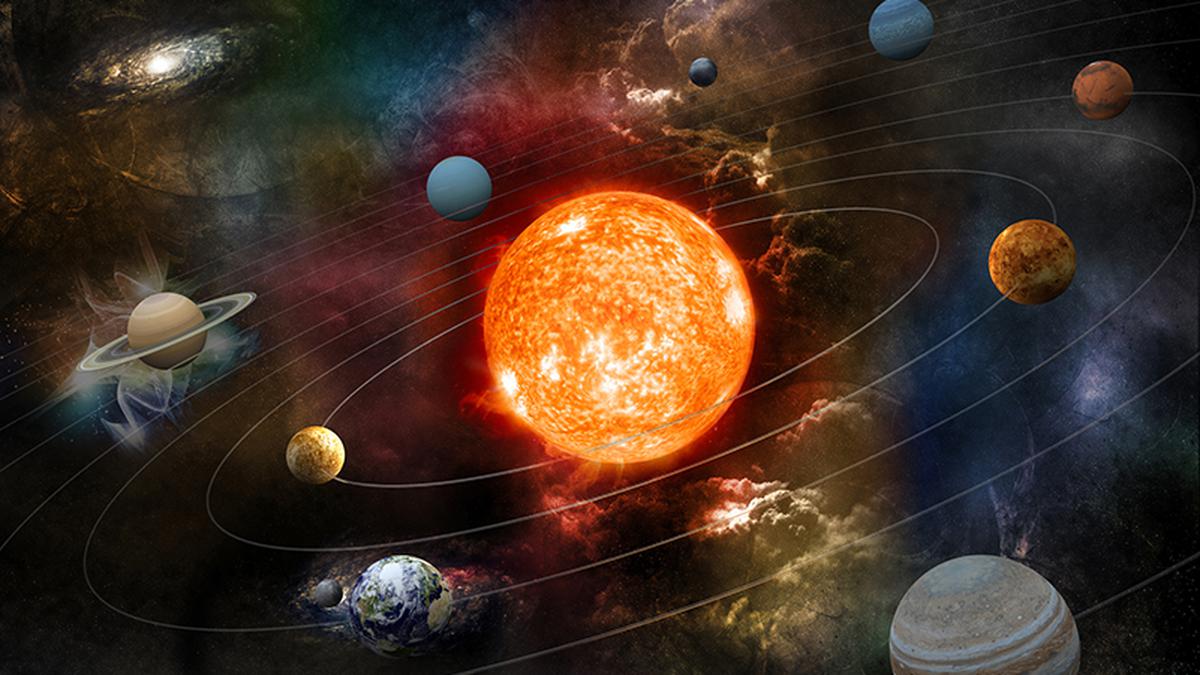
The Science Quiz | Leap Days Premium
The Hindu
The Science Quiz | Leap Days
1. It is common knowledge that there are 365 days in a calendar year. However, 365 days is an approximation: the earth actually takes 365 days, five hours, 48 minutes, and 46 seconds to go around the Sun once in its orbit. What is the latter length of time called?
2. Over four years or so, the additional five hours, 48 minutes, and 46 seconds accumulate to become an additional day, which the calendar accounts for by adding an extra day. This is the leap day, today, February 29. What are days added to calendars to keep the latter in step with a natural phenomenon called?
3. In the Gregorian calendar, a leap day is added to the month of February every four years, as long as the year is divisible by 100 but not by 400. This is why, for example, 2000 was a leap year but 1800 was not. In the ______ calendar, a leap day is added every four years without skipping any. Fill in the blank.
4. Historically, there have been two popular ways to define the duration of a month: X and Y. In the X system, a month is the length of time taken by the moon to orbit the earth, starting at a point and returning to the same point, where the point is defined according to the relative positions of stars. (X is also the answer to Q1 for this reason.) Name Y – a system in which the point’s location is defined relative to the earth and the Sun.
5. The moon’s orbit around the earth is actually an ellipse, not a circle. The points on this orbit closest and farthest from the earth are called the perigee and the apogee, respectively. The shape of the moon’s orbit changes such that locations of the perigee and the apogee change go through a full rotation every 8.8 years. What is this phenomenon called? It results in a duration called an anomalistic month.
Visual:
Name the ruler depicted on this coin dating from around the first century AD. His ascension to kingship is widely considered to be the start of the Shaka era of the historical Hindu calendar.

These are, of course, all worthy and wonderful resolutions. But I gave up smoking years ago, don’t eat red meat now and wake up early anyway. Maturity is that time in your life when you can make no more new year resolutions. Not because you are perfect and have no bad habits, but because you’d like to keep the remaining bad habits, thank you very much.










